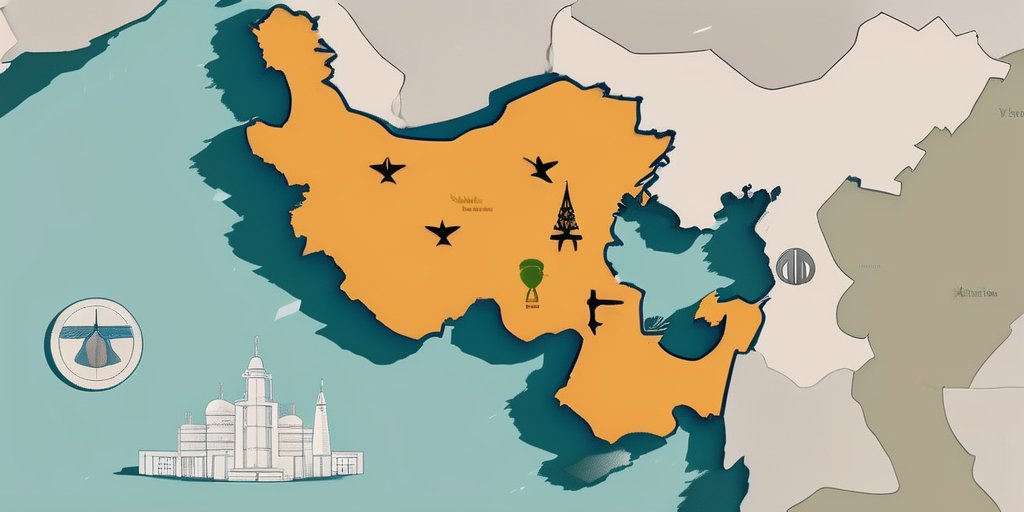In a surprising turn of events, President Donald Trump has decided to take a two-week pause on a critical decision regarding military actions against Iran. While some critics mock this maneuver as a sign of weakness, others suggest it could be a strategic move with significant implications for U.S. and Israeli relations.
Former senior White House official Brett McGurk noted that a decision of this magnitude shouldn’t be rushed. “We’d all like a diplomatic resolution here. And diplomacy with a firm deadline can be very effective,” he explained during a discussion on CNN. Although Trump’s penchant for unpredictability has led to skepticism regarding his intentions, this current pause reflects a crucial moment of national security assessment.
Trump, who previously faced criticism for imposing two-week deadlines on various contentious issues, appears to be recalibrating his approach to Iran, especially concerning the ongoing conflict exacerbated by Israel’s military actions. Reports indicated he was previously on the brink of ordering U.S. strikes on Iran’s nuclear facilities, particularly the Fordow plant, but he has opted for a more cautious route, justifying this by the need for potential diplomatic engagement.
This moment echoes former President Barack Obama’s decision regarding Syria, which has frequently been debated as a pivotal misstep following the 2013 chemical weapons crisis. Like Obama, Trump is at a crossroads—one fraught with risk, where any military action may have dire consequences.
As Trump navigates this precarious situation, he has expressed a commitment to give negotiations a fighting chance. In an official statement shared by White House press secretary Karoline Leavitt, Trump remarked, “Based on the fact that there’s a substantial chance of negotiations that may or may not take place with Iran in the near future, I will make my decision whether or not to go within the next two weeks.”
This pause presents an opportunity for potential talks, engaging with Iranian officials to assess if relentless Israeli bombardments have altered Iran’s leadership calculus.
Historical lessons from past presidents could inform Trump’s decisions now. The Cuban Missile Crisis illustrated the need for a diplomatic exit strategy to avoid catastrophic outcomes. Moreover, for diplomacy to succeed, offering Iran a saving face instead of an “unconditional surrender” might yield more fruitful negotiations.
While Trump’s next moves remain uncertain, so too do those of U.S. allies like Israel, whom may take matters into their own hands if diplomatic outlets appear futile.
With pressure building at home amidst an increasingly divided political landscape, Trump’s ability to navigate these challenging waters could define his presidency’s foreign policy trajectory. Fostered relationships with staunch supporters will be tested as the implications of military action become unavoidable, revealing how Trump’s trust in his instincts will influence outcomes at home and abroad.
